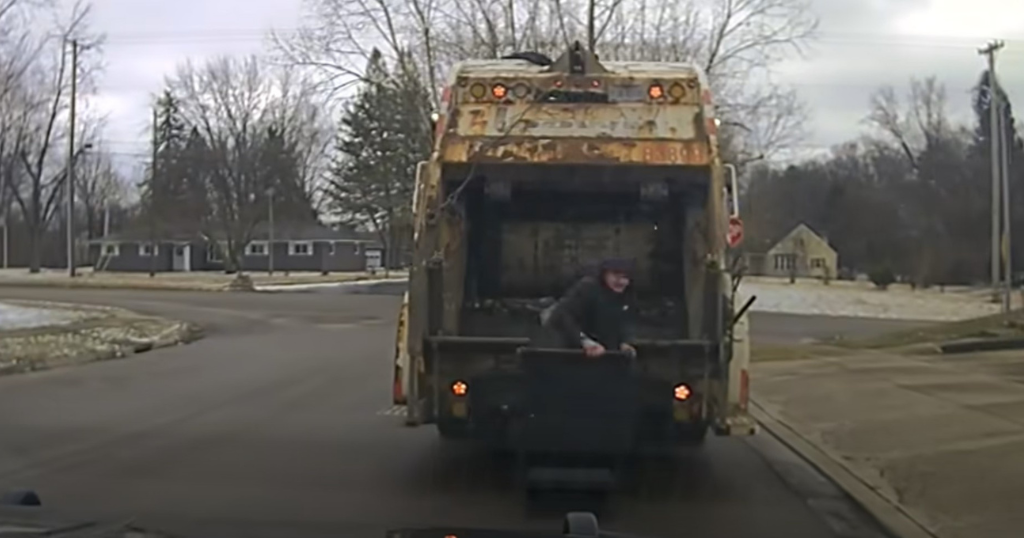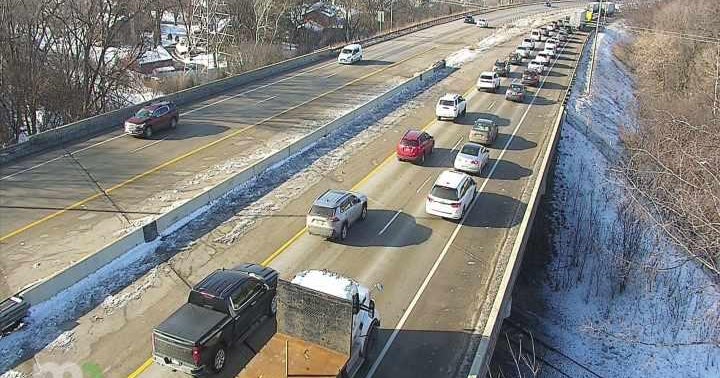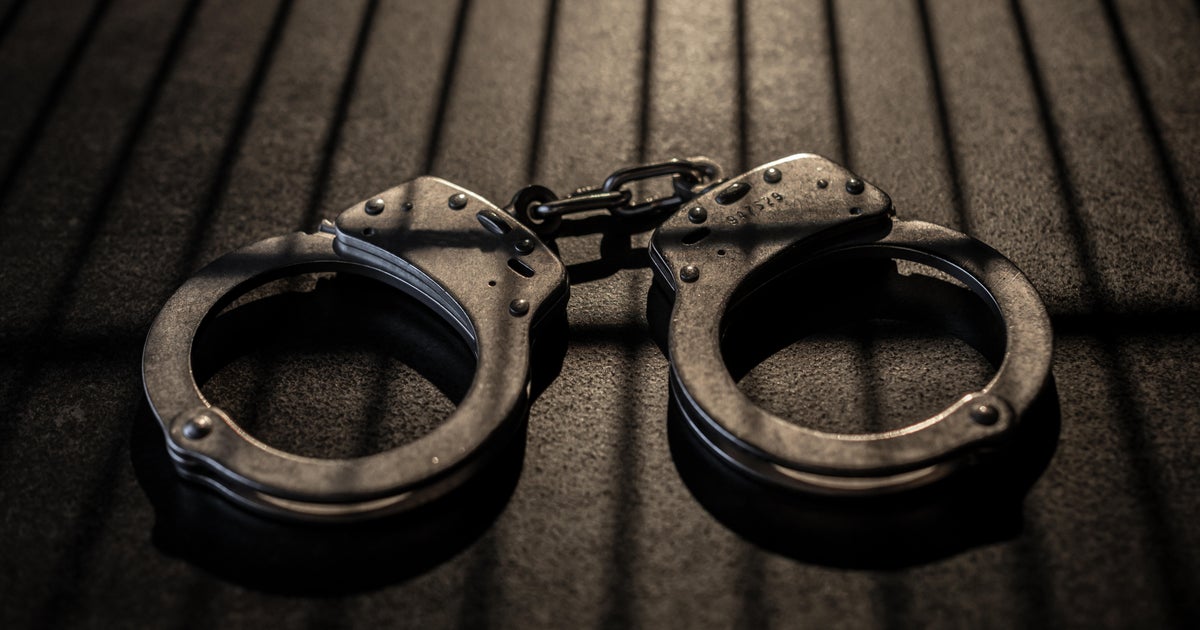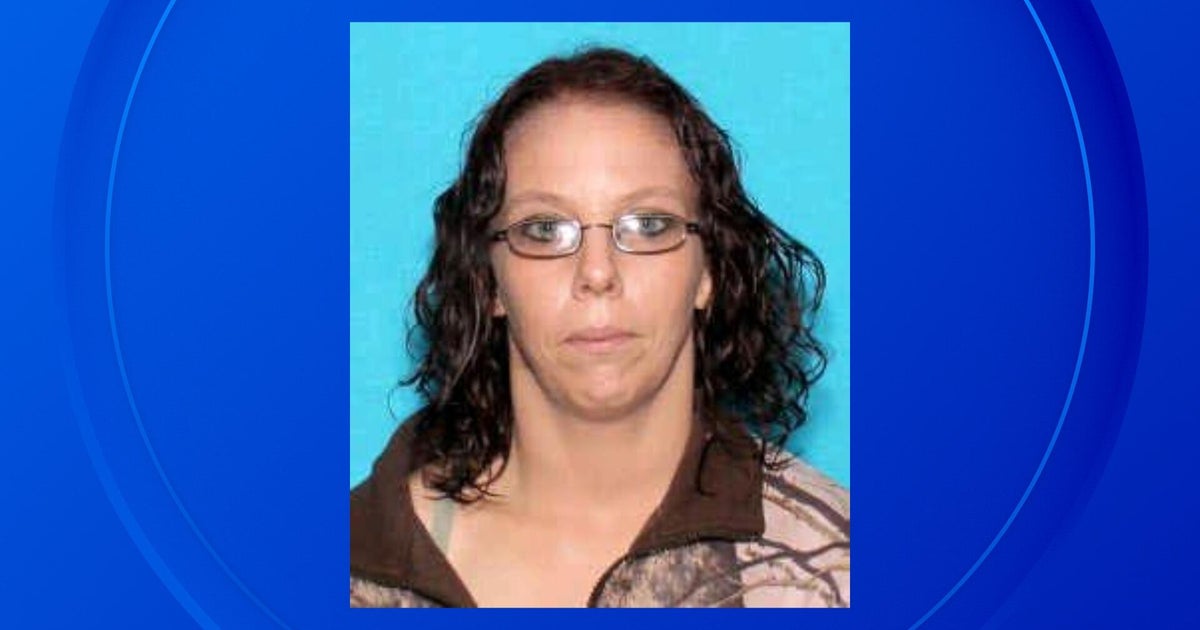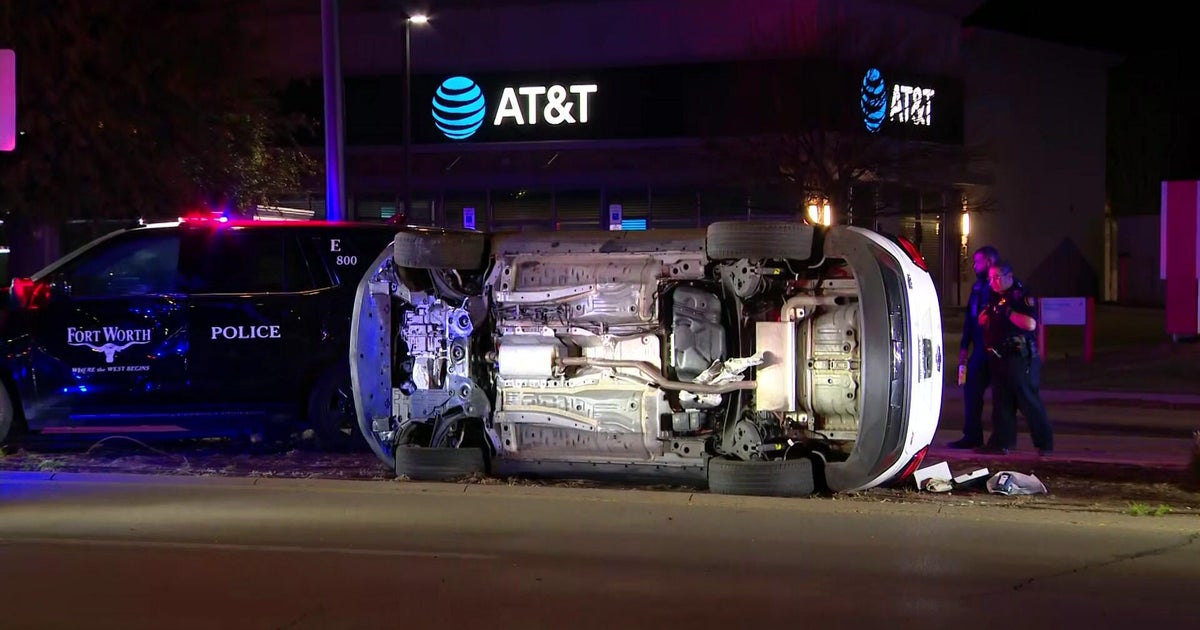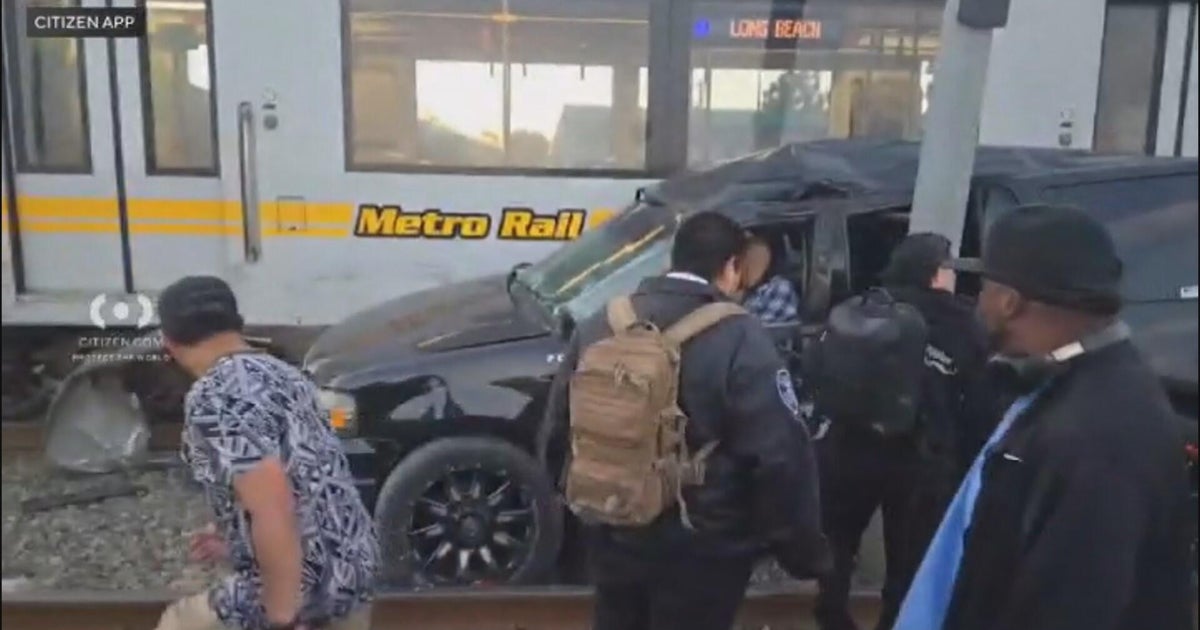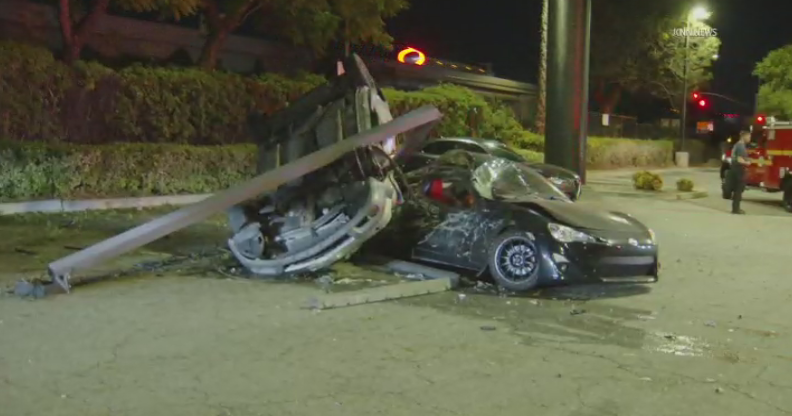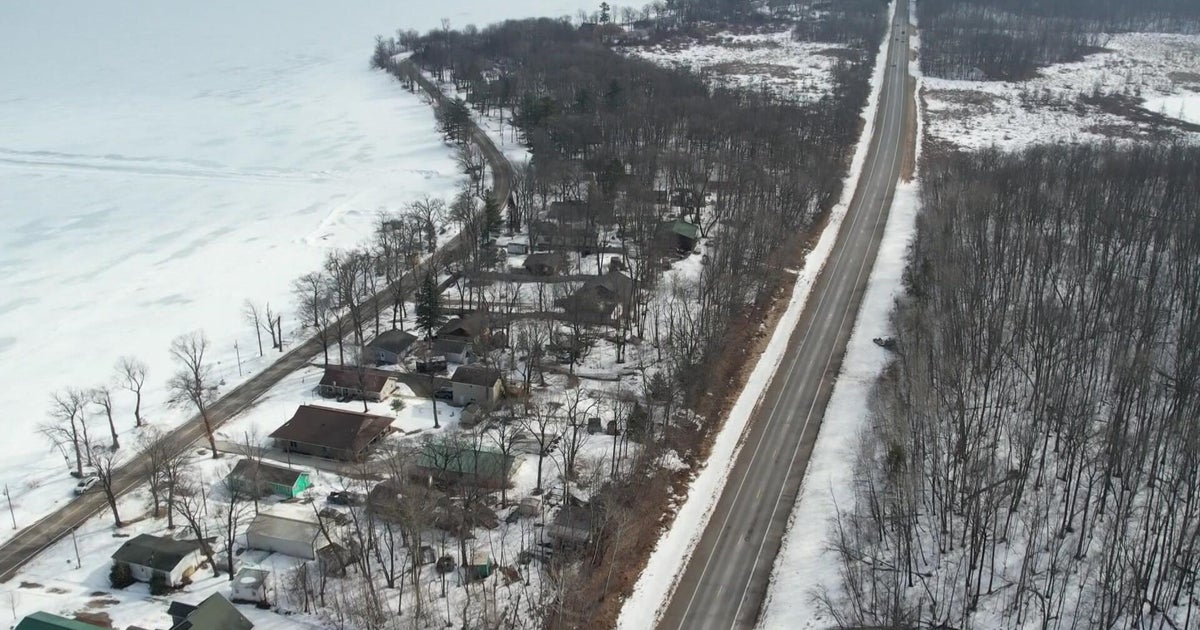Drug Users Recruited To Help Police With Hands-On Training
MINNEAPOLIS (WCCO) -- Police can easily pull over and pick up drunk drivers. But pinpointing drivers on drugs is another story.
When an erratic driver doesn't show any trace of alcohol on a breathalyzer, police need expert training to tell if they are high on something else. That's why police recently requested a whole new set of recruits -- drug users.
Outside the Minneapolis Police Fifth Precinct at the corner of West 31st Street and Nicollet Avenue South, the sunset signals the beginning of a busy night for police patrolling Minnesota streets. But a select group of officers aren't chasing crime on this night. Instead, the potential danger has come to them.
Inver Grove Heights Officer Chris Wegner is about to get some of the most valuable hands-on training of his career, dealing with people high on drugs.
A girl we'll call Christina is helping Wegner train. That's not her real name and she isn't in trouble, but at the moment, she's under the influence. She was a passenger in a car police pulled over, and agreed to help with training.
Wegner checks her vitals while she starts singing. It's just the beginning of a 45-minute evaluation.
"Hmm, am I supposed to be closing my eyes?" she said.
She won't tell him yet what drug has caused her to become sleepy, what's taken her coordination and slurred her speech.
"What I want you to do is follow the tip of my finger with your eyes only and not your head. You understand?" Wegner asks.
Christina nearly takes a tumble during a test where she's asked to hold out her foot and count. But she's not alone. She's one of many volunteers teaching police a lesson.
"It helps me identify people that are impaired on things other than alcohol," Wegner said.
Officers from all over the state have come to Minneapolis' Fifth Precinct for two weeks of intense training that will certify them as one of Minnesota's Drug Recognition Experts.
"It's not your typical police-subject interaction," said Sgt. Don Marose of the Minnesota State Patrol, who trains officers for the state's DRE program.
He said the program is nationally recognized by the National Highway Traffic Safety Administration and has been in Minnesota since 1991. Marose said since then, 190 officers at 85 Minnesota agencies are drug-recognition trained officers at their departments.
Marose said when the State Patrol needed a real-life laboratory, the Minnesota Aids Project, Needle Exchange program, helped out.
The organization put out an ad to its clients, many who use drugs. It asked them to show up under the influence -- and get rewards and incentives in return.
But those incentives aren't what first comes to mind, nothing illegal, said Marose.
"We will run them through the drive-thru, get them something to eat. Sometimes that is the extent of what they have had to eat. One of the subjects when we asked him when he ate, he said sometime yesterday," Marose said. "Certainly we aren't going to give them money because we know probably where that is going to go right back to. So, we will do what they like to do, they will ask for a pack of cigarettes, or say hey, can you buy me a bottle of pop?"
Christina said she came for another reason -- to support a friend, who was in trouble after driving under the influence.
"Trying to do my civic duty," she said.
And by now, Officer Wegner's tests give him a pretty good guess of what drug she's on.
"Looking at initial signs, I would say cannabis marijuana," he said.
Christina admits he's right.
"I don't do it that often, if I am going to do it, I might as well help someone when I do it," Christina said.
Another man admits to being on prescription drugs, a second man was brought in after being caught with cocaine. But, other recent and willing volunteers came in high on the African drug khat.
"Something people don't realize, drug users are everyday citizens, essentially. It's not the people you stereotypically think of as a drug user," said Marose.
Drug users bring a dose of reality to this new force. Officers can now make sure all Minnesotans are under the influence of safer streets.
"It's definitely fun," Wegner said. "I mean, it's interesting and something new and something different than we get to use as a tool in law enforcement."
Marose said it's a helpful way to know what to look for.
"I think every officer in here can probably tell you, until we actually saw the people that we were dealing with, we had no idea what we were doing," he said. "We teach them for two weeks what they will see, but this is reality. Not everybody you will see will be a textbook case. You can't replace this kind of training. We can watch videos or tell them what you are going to see but until you actually see it."
The State Patrol said it's not illegal to be drunk or high in Minnesota -- unless you're causing problems.
As part of the training program, they only arrested people who possessed drugs or drove under the influence, violating the law. But they still used those people for training, as well.
